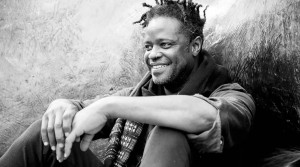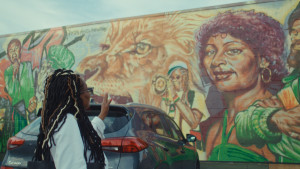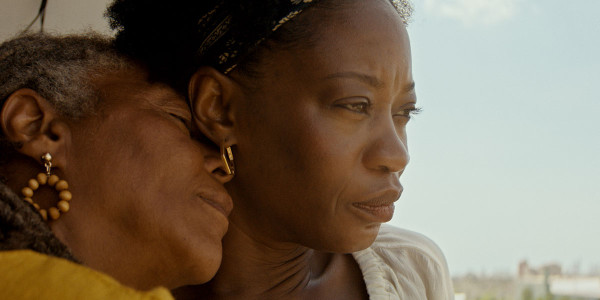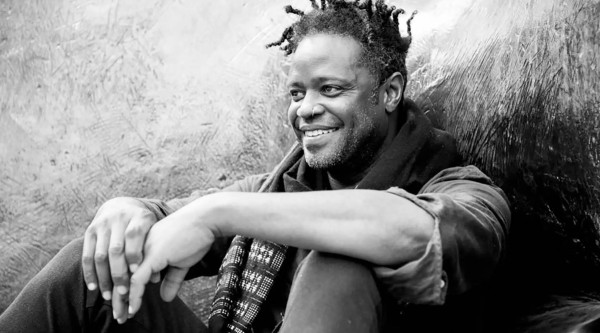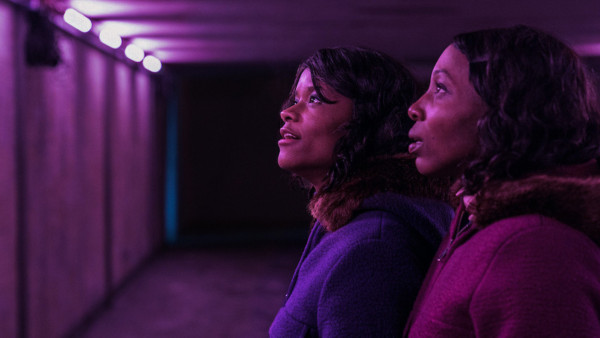It can be purposeful yet extremely draining. Whatever it is to any woman on any given day, it’s an everlasting and remarkable experience—but not for all.
The award-winning A Mother Apart is a phenomenal documentary directed by filmmaker Laurie Townshend and presented as an Oya Media Group and NFB co-production. It takes the viewer on a journey of generational trauma, abandonment, healing from deep-set wounds and forgiveness.
Poet, writer and LGBTQIA2S+ activist Staceyann Chin traces back to her childhood in Jamaica and the pivotal moment when her mother, Hazel, left for a new life - with a new family.
Learning about your mother from a place of hurt and indifference is a difficult task. Many questions arise, yet more will surface when you step into adulthood, and your life really starts to take shape. Who is this woman who abandoned me and never looked back? What led her to make these decisions? How does the lifelong anguish affect my identity as a Black woman, and how do I deal with it moving forward?
{https://youtu.be/MujjlcM4gps?si=ubASfXn6iooUPRe0}
When an immigrant mom leaves their child behind to migrate abroad for whatever reason, the child in question is left to deal with a plethora of questions. For Chin, learning about her mother's decisions was a way for her to attempt to find peace and understand her identity.
It was through her tenacity—researching, speaking with Hazel's old family friends in Jamaica and Montreal, and as an adult, relentlessly continuing to be a force in her mom's life, even when Hazel's connection remained one-sided—that Chin learned how to be an incredible mother and Black woman. In the documentary, Chin’s mother says, "Staceyann is always there. She never lets down. She keeps coming with open arms, and that's telling, especially with the relationship that we had."
{https://www.instagram.com/p/C7udaq3Pux6/?hl=en}
The deep-seated hurt from the mother-daughter abandonment is a familiar story for many Caribbean women, like Trey Anthony. The award-winning playwright, producer, writer, and author presented her play How Black Mothers Say I Love You in 2018, exploring the same in-depth topic. Her mother had her at the tender age of 17 and left Anthony to be raised with her grandmother. Learning to forgive was challenging. But Anthony says that healing came once she saw her mother outside of a matriarchal context.
“I had to let go of the dream of what I thought a mother should be, and only see my mother as a flawed human being who was trying her best with what little she had. Once I started to see her through that lens, I was able to be more forgiving of her. But I think when we hold on to this ideology of what a mother should be and should be doing, they're going to fail us at all times. For me, the person I had on a pedestal was Claire Huxtable,” says Anthony.
“So I was waiting for my Jamaican mom to show up like that because that was the only Black mother I had ever seen on TV. After I was able to let go of that, I became much more forgiving and much more tender with her. That's another thing, too. Because I'm also more tender now with myself, and I think that's where forgiveness comes in when you're allowed just to see them as flawed humans.”
In A Mother Apart, Chin is asked why she continues to contact her mom after everything she has endured. “...I do it out of kindness.”
The biggest transition for Chin was finding forgiveness in motherhood. Her beautiful daughter Zuri was her portal. For Chin, it was a chance to be different from her experience of what a mother could be. Her mother-daughter relationship with Zuri starkly contrasts what she knew—pain, indifference and distance.
{https://www.instagram.com/p/CsPhmncp3oA/?hl=en}
In growing up with her daughter, being open with constant communication and creating a bond to be a safe space for them both, Chin learned to break the generational trauma she went through via her bright, assured and mature daughter. Nonetheless, Chin says her wounds will forever be a source of grief that she will continue to heal from. As she stated in one of her poems, "I come from a line of women who have scars as last names.”
“There’s also that cycle of trauma,” says Anthony. “My mother also wasn't mothered properly. Once I started to look at that and also see where she came from and what she was able to do, I am actually in awe of her sometimes. I'm in awe of what she was able to achieve as a Black woman with limited education, practically no resources, and no support. She did what she could do. Do I feel like she won Mother of the Year? Definitely not. But I do know she won Human of the Year for what she was able to do.”
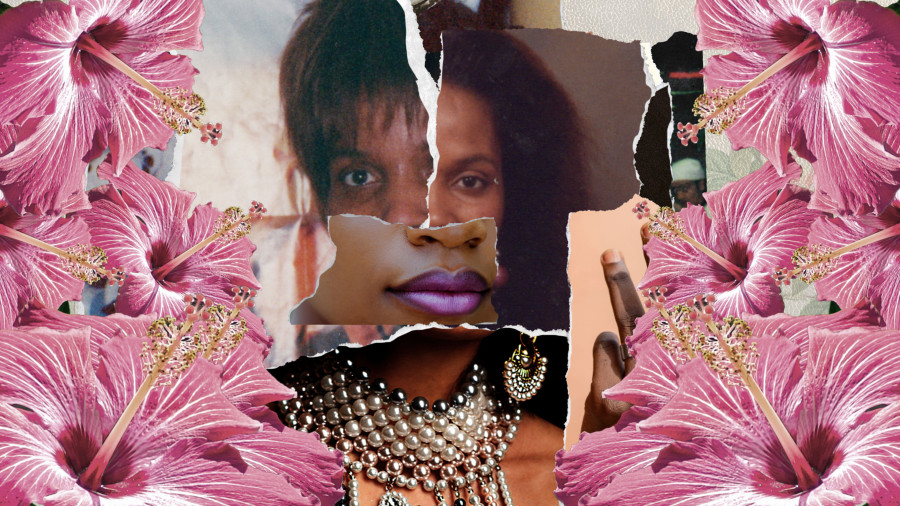
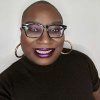 By
By 




